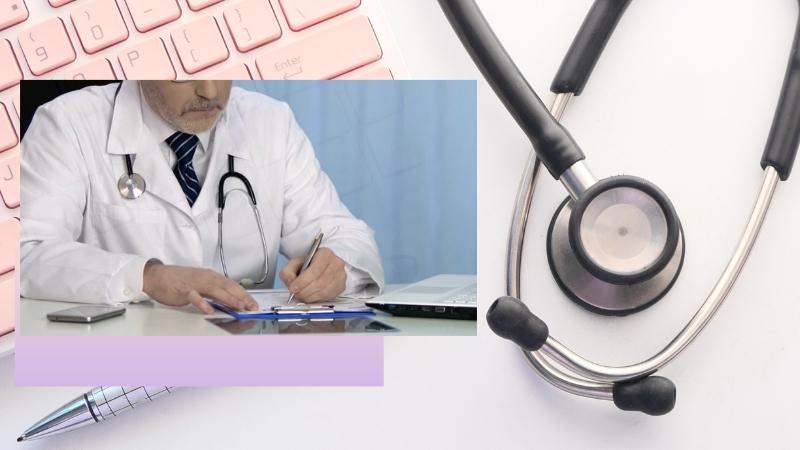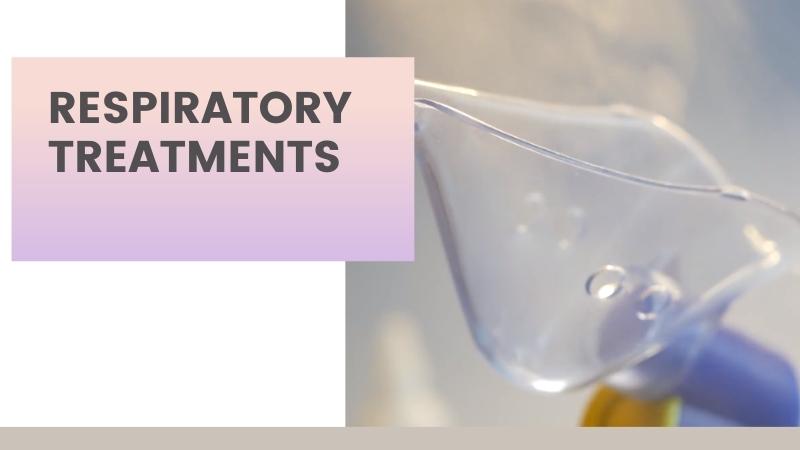As the Medical Director, you hold a pivotal role in the supervision of Respiratory Care Services. Your accountability extends directly to the Medical Staff, who rely on your leadership to uphold the highest standards of patient care delivered by the Respiratory Care Service team. Your commitment to this role is round-the-clock, ensuring that these vital services are always available. In those moments when you cannot be present, your responsibility includes appointing a qualified individual or team to carry on these duties in your stead.
The Medical Director directly engages with the respiratory care team. This engagement encourages problem-solving and guidance at the bedside and in the lab. With the aid of competent technical support, the Medical Director seeks a balance between the quality and cost-efficiency of respiratory treatments and pulmonary physiological tests, such as blood gas analysis.
Supervision and Auditing of Respiratory Treatments
The Medical Director supervises and avoids the improper use of respiratory treatments and diagnostic services through suitable auditing methods. They possess specialized knowledge and skills in the application of respiratory care equipment and oxygen usage in various settings such as the hospital, homes, and extended care facilities. They also offer advice to the Medical Staff regarding the indications and regulations of these services.
Policy Setting and Procedure Management
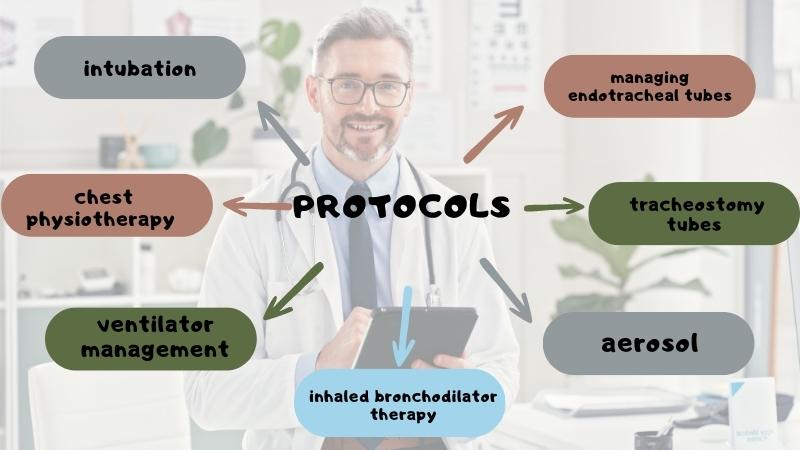
The Medical Director sets policies that govern diagnostic and therapeutic procedures carried out by Technical Staff. These include sampling arterial/venous/capillary blood for gas analysis, measuring ventilatory parameters, and inspired/expired gas concentrations when under Respiratory Care Service. They also create protocols for managing endotracheal tubes, tracheostomy tubes, intubation, chest physiotherapy, ventilator management, aerosol, and inhaled bronchodilator therapy.
Development and Implementation of New Services
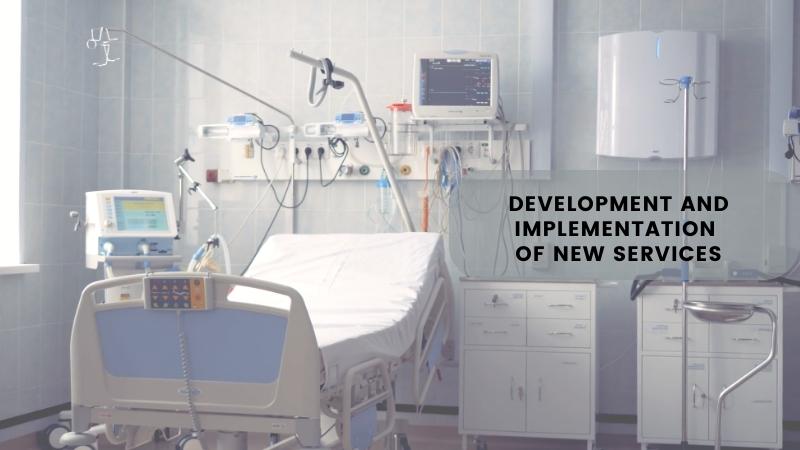
taking part in the creation, assessment, and implementation of new respiratory services, equipment, protocols, and procedures. They also supervise existing respiratory services for their ongoing medical relevance. They provide Continuing Education regarding the diagnosis and treatment of lung diseases to Physicians, Respiratory Care Practitioners, Pulmonary Technologists, Registered Nurses, Administrators, Physical Therapists, Patients, and the Community.
Collaboration and Coordination of Respiratory Services

Collaboration with Administration, Medical Staff, Nursing, Pharmacy, Emergency Department, Critical Care Units, Post-Anesthesia Recovery Rooms, and other staff who might use such services, to coordinate the respiratory services. They evaluate physician performance in prescribing respiratory therapies, ensuring complete and appropriate physician orders or practices, therapeutic objectives, duration of therapy, and response to therapies are documented.
Consultation and Direction of Pulmonary Physiology Laboratory
Offers consultation to physicians about the availability and appropriateness of the requested respiratory care and diagnostic services. In case the Medical Director of the Pulmonary Physiology Laboratory is absent, the Medical Director of Respiratory Care might take on the direction of the Pulmonary Physiologic Testing Laboratories, including blood gas analysis.
Coordination of Specific Respiratory Services
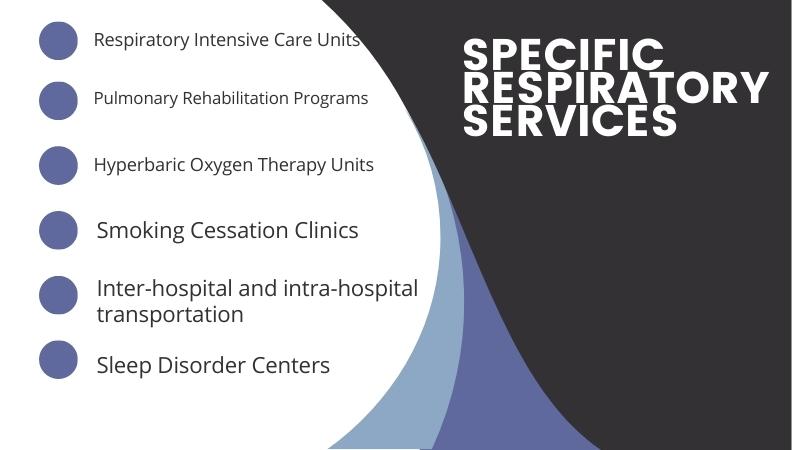
The Medical Director might coordinate specific respiratory services for other units. These may include Respiratory Intensive Care Units, Pulmonary Rehabilitation Programs, Hyperbaric Oxygen Therapy Units, Smoking Cessation Clinics, inter-hospital and intra-hospital transportation of critically ill patients, Sleep Disorder Centers, and other programs that might need involvement from the Respiratory Care Service.
Collaboration with the Administrative/Technical Director

Collaborates with and offers his expertise to the Administrative/Technical Director of the Respiratory Care Service regarding Equipment, Personnel, Supplies, Budget, Space, Infection Control, Policies and Procedures, Safety, Preventative Maintenance, Gas Systems, Record Keeping, Fiscal and Regulatory Agencies, and Disaster and Casualty Programs. As the representative of the Staff, the Director ensuresthe Respiratory Care Service adheres to Federal, State, and JCAHO Regulations.
Ensuring Compliance with Regulations
As the representative of the Staff, ensures that the Respiratory Care Service adheres to all relevant regulations. This includes Federal, State, and JCAHO Regulations. They are responsible for keeping up-to-date with any changes in these regulations and implementing necessary changes to ensure continued compliance.
Continuing Education and Training
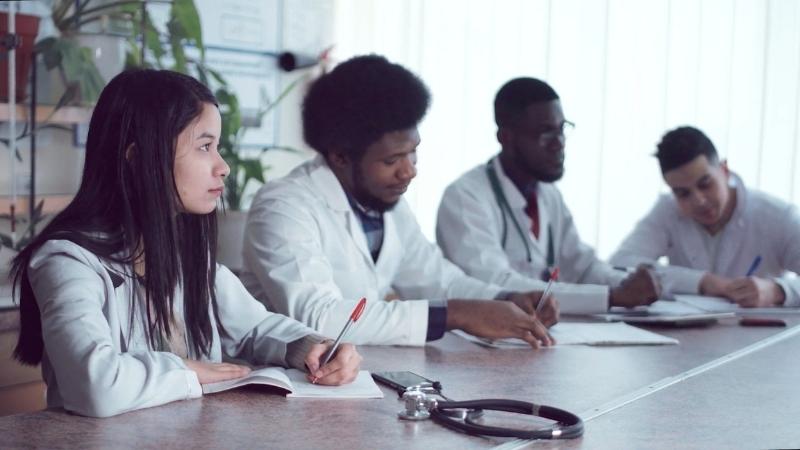
The Medical Director is also responsible for providing continuing education regarding the diagnosis and treatment of lung diseases. This education is provided to a wide range of healthcare professionals including Physicians, Respiratory Care Practitioners, Pulmonary Technologists, Registered Nurses, Administrators, and Physical Therapists. Additionally, they also provide education to Patients and the Community, ensuring that they are informed about their treatments and the services available to them.
Evaluation and Improvement of Services
Plays a key role in the evaluation and improvement of respiratory services. They assess physician performance in prescribing respiratory therapies, ensuring complete and appropriate physician orders or practices, therapeutic objectives, duration of therapy, and response to therapies are documented. They also take part in the creation, assessment, and implementation of new respiratory services, equipment, protocols, and procedures, ensuring that the services provided are up-to-date and of the highest quality.
Collaboration and Coordination
Collaboration with a wide range of departments and staff, including Administration, Medical Staff, Nursing, Pharmacy, Emergency Department, Critical Care Units, Post-Anesthesia Recovery Rooms, and others who might use respiratory services. They coordinate these services, ensuring that they are integrated and function smoothly within the wider healthcare system.
Conclusion
In conclusion, the role of the Medical Director in overseeing Respiratory Care Services is multifaceted and crucial. They play a key role in ensuring the quality and efficiency of respiratory treatments, setting policies and procedures, providing education and training, evaluating and improving services, and collaborating and coordinating with other departments and staff. Their work ensures that patients receive the best possible care and that the Respiratory Care Service operates effectively and in compliance with all relevant regulations.

